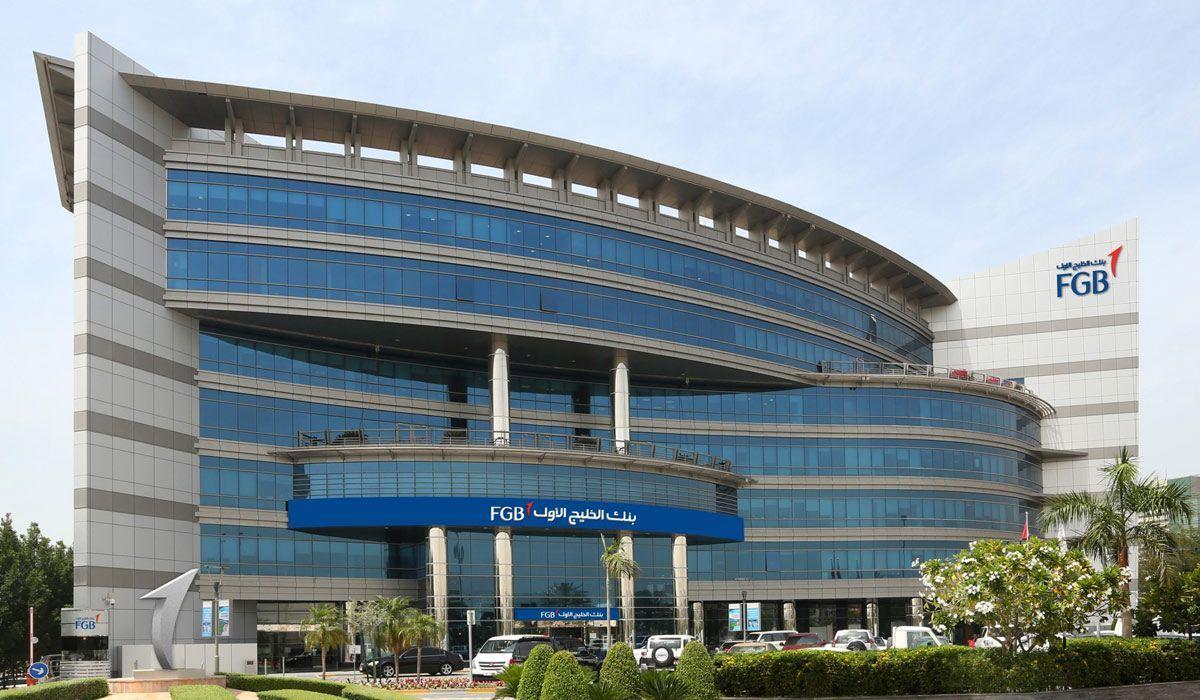
GCC banks play a crucial role in the economic landscape of the Gulf Cooperation Council region. These financial institutions are not just about holding money; they drive growth, innovation, and stability. GCC banks are known for their robust financial health, thanks to strong regulatory frameworks and substantial government support. They offer a wide range of services, from traditional banking to cutting-edge financial technologies. Whether you're interested in their history, their role in the economy, or their future prospects, understanding these banks can provide valuable insights. Ready to learn more? Here are 24 intriguing facts about GCC banks that will broaden your knowledge.
Key Takeaways:
- GCC banks have a rich history and play a vital role in the region's economy. They embrace technology, adhere to strict regulations, and face challenges in a changing global landscape.
- From pioneering digital banking to supporting infrastructure projects, GCC banks are essential for economic growth. However, they must navigate challenges like oil dependency and international competition.
The Evolution of GCC Banks
GCC banks have a rich history and have evolved significantly over the years. Let's explore some fascinating facts about their journey and current state.
- The first bank in the GCC region was the British Bank of the Middle East, established in 1946 in Dubai.
- GCC stands for Gulf Cooperation Council, comprising six countries: Saudi Arabia, Kuwait, the UAE, Qatar, Bahrain, and Oman.
- The banking sector in the GCC is one of the fastest-growing in the world, with assets exceeding $2 trillion.
- Islamic banking, which adheres to Sharia law, is a significant part of the GCC banking system, accounting for over 25% of the total banking assets.
- The UAE is home to the largest number of banks in the GCC, with over 50 banks operating within its borders.
Technological Advancements in GCC Banks
Technology has played a crucial role in transforming the banking landscape in the GCC. Here are some key advancements.
- GCC banks are pioneers in adopting digital banking, with many offering mobile banking apps and online services.
- Blockchain technology is being explored by several GCC banks to enhance security and transparency in transactions.
- Artificial Intelligence (AI) is used by GCC banks for customer service, fraud detection, and personalized banking experiences.
- Contactless payment methods, such as Apple Pay and Samsung Pay, are widely accepted in the GCC region.
- GCC banks are investing heavily in cybersecurity to protect against increasing cyber threats.
Regulatory Environment of GCC Banks
The regulatory framework in the GCC is designed to ensure stability and growth in the banking sector. Here are some important regulatory facts.
- The Central Bank of each GCC country regulates its banking sector, ensuring compliance with international standards.
- Basel III regulations, which aim to strengthen bank capital requirements, are being implemented across the GCC.
- Anti-money laundering (AML) and counter-terrorism financing (CTF) regulations are strictly enforced in the GCC.
- The GCC countries have signed several bilateral agreements to facilitate cross-border banking and financial cooperation.
- The regulatory environment in the GCC is continuously evolving to adapt to global financial trends and challenges.
Economic Impact of GCC Banks
GCC banks play a vital role in the economic development of the region. Here are some ways they contribute.
- GCC banks provide significant financing for infrastructure projects, including roads, airports, and ports.
- Small and Medium Enterprises (SMEs) receive substantial support from GCC banks, fostering entrepreneurship and job creation.
- The banking sector in the GCC is a major employer, providing jobs to thousands of people across the region.
- GCC banks are key players in the real estate market, offering mortgage loans and financing for property development.
- The financial services sector, including banking, contributes significantly to the GDP of GCC countries.
Challenges Faced by GCC Banks
Despite their success, GCC banks face several challenges that they must navigate to sustain growth. Here are some of the main challenges.
- Economic diversification away from oil dependency is a major challenge for GCC banks, as many economies in the region are heavily reliant on oil revenues.
- The fluctuating oil prices impact the financial stability of GCC banks, affecting their profitability and asset quality.
- Regulatory compliance and adapting to new international standards require significant investment and resources from GCC banks.
- Competition from international banks and fintech companies is increasing, pushing GCC banks to innovate and improve their services.
Final Thoughts on GCC Banks
GCC banks play a crucial role in the region's economy. They offer a mix of traditional and Islamic banking services, catering to diverse needs. With a strong focus on innovation, these banks are adopting new technologies to enhance customer experience. The regulatory environment ensures stability and growth, making them reliable institutions. Their strategic location between East and West positions them as key players in global finance. Despite challenges like fluctuating oil prices, GCC banks remain resilient. They continue to expand their reach, both regionally and internationally. Understanding these facts helps appreciate their significance in the financial world. Whether you're a potential investor or just curious, knowing more about GCC banks can provide valuable insights. Keep an eye on their developments, as they are likely to shape the future of banking in the region and beyond.
Frequently Asked Questions
Was this page helpful?
Our commitment to delivering trustworthy and engaging content is at the heart of what we do. Each fact on our site is contributed by real users like you, bringing a wealth of diverse insights and information. To ensure the highest standards of accuracy and reliability, our dedicated editors meticulously review each submission. This process guarantees that the facts we share are not only fascinating but also credible. Trust in our commitment to quality and authenticity as you explore and learn with us.
